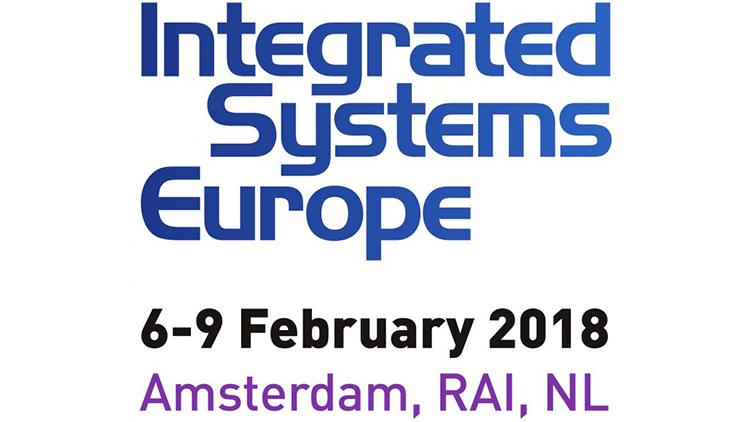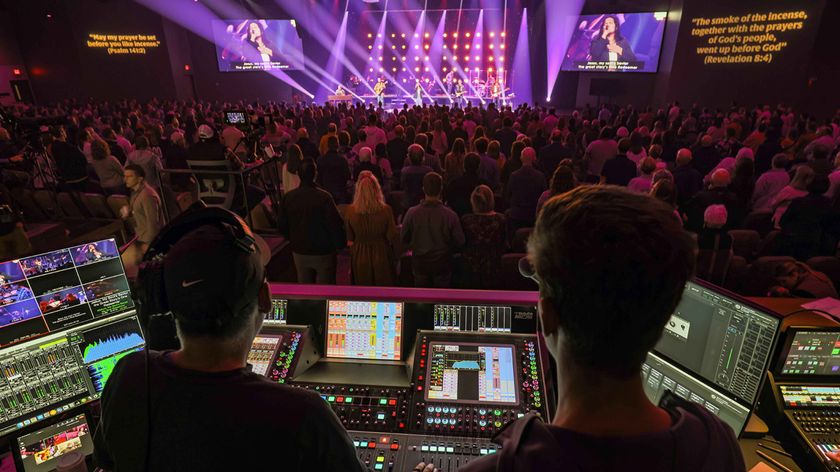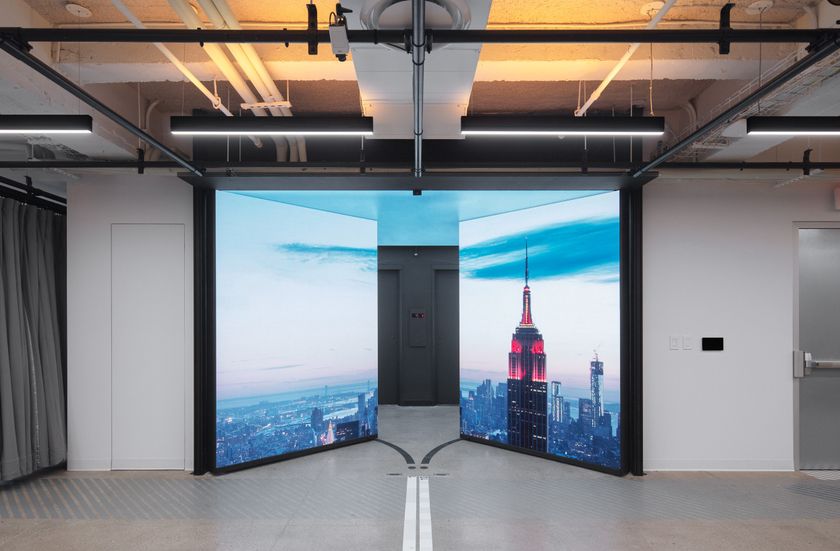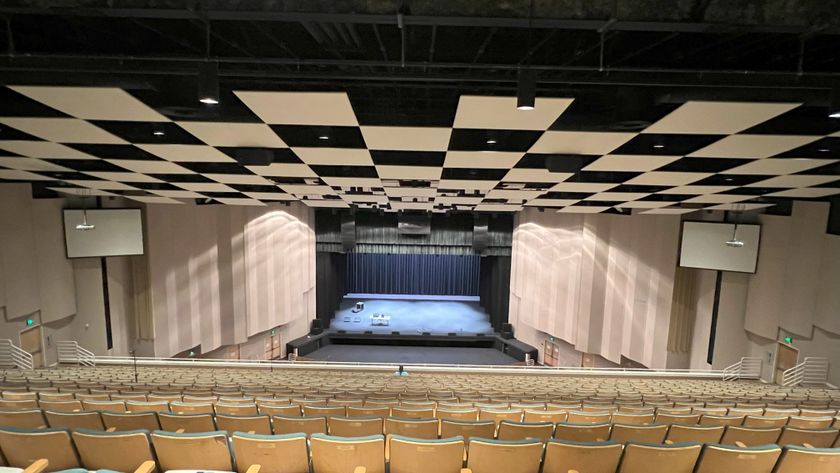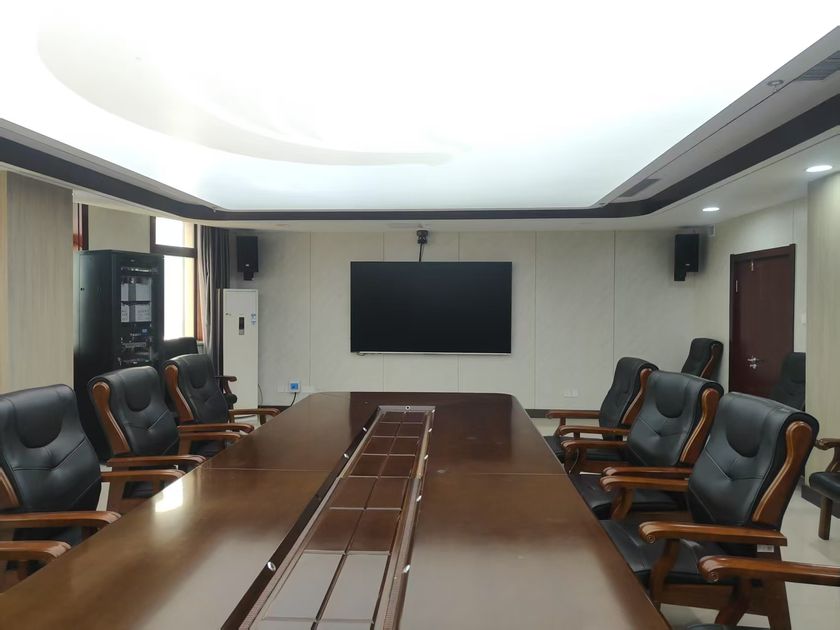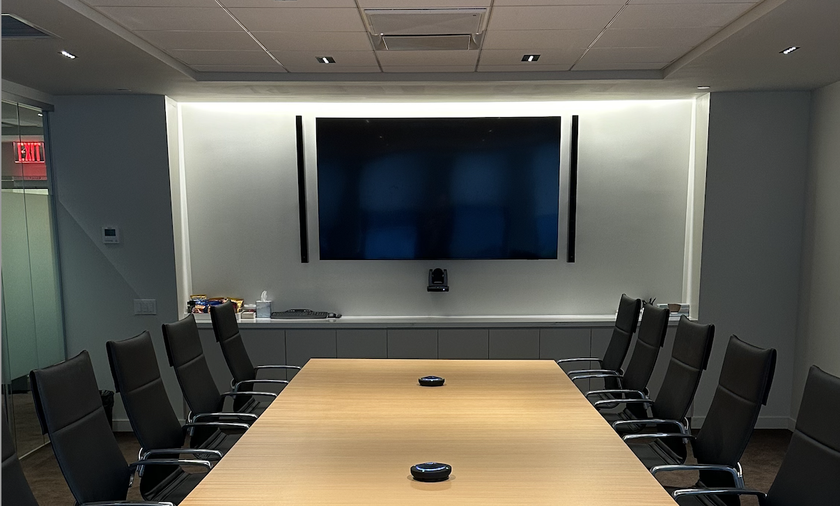A virtual house that allows trainee electricians, plumbers, and builders to rewire a house in a safe environment or to use piping without wasting expensive materials is a reality for students at the UK’s first College of Advanced Technology in Essex.
At AVIXA’s professional development conference for higher education during ISE 2018, Ros Parker, principal of Essex-based PROCAT, told delegates that using virtual reality (VR) programs to teach construction and engineering skills helped accelerate learning of key vocational skills.
“There are several trial-and-error scenarios we try out with students once the headsets are on. If things go wrong, the TV in the lounge will blow up, or if they walk on the rafters, they will fall through the ceiling—albeit a virtual one,” Parker said.
The college principal added that the technology also allows them to virtualize materials such as piping for the college’s Level 2 and 3 plumbing students, and its trainee engineers can learn about track and rolling stock prior to site visits.
“The technology allows us to be much more cost efficient with our physical materials, and it helps prepare students for real environments much quicker,” she added.
According to Roberts, this accelerated learning meant students that used VR in their studies were were performing tasks in week 10 that those who did not use the technology would be doing in week 20.
